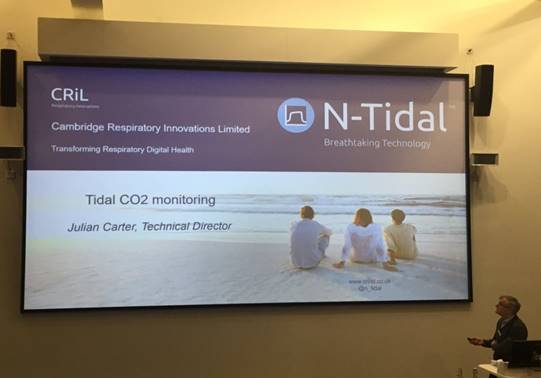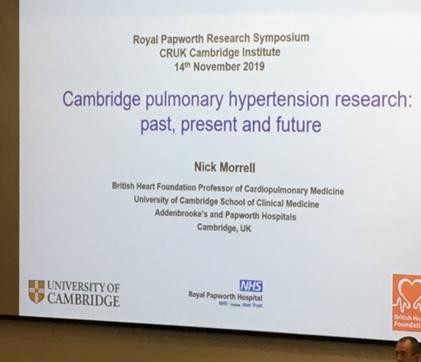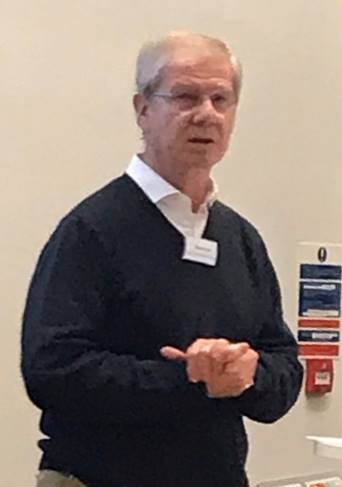On 14th November 2019 Royal Papworth R&D department held a joint research symposium with the University of Cambridge to promote and celebrate collaborative working across the Biomedical campus
CRUK Cambridge Institute hosted the event which was attended by more than 150 people from a range of clinical backgrounds and organisations.
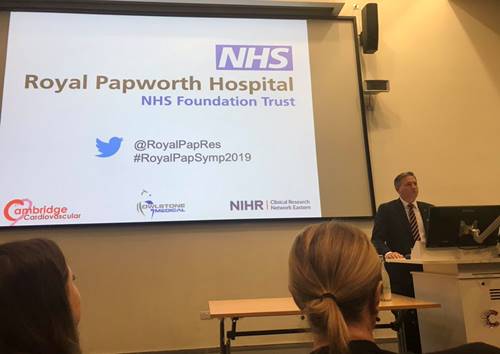
Stephen Posey, Chief Executive of Royal Papworth Hospital opens the Symposium
The Symposium highlighted exemplars of ongoing collaborative research and gave participants an overview of available resources and expertise on the biomedical campus to accelerate the formation of new partnerships. It presented the first step in creating a truly collaborative research community in preparation for the Cambridge Heart and Lung Research Institute (HLRI) which will start being built in early 2020.
Chrissie Mills, Clinical Project Manager at Papworth, said: “This was a fantastic opportunity to mark Royal Papworth’s arrival on the biomedical campus. The Symposium focused on celebrating existing collaborations and aimed to foster new ones ahead of the HLRI.”
17 talks and presentations on arange of topics including: cardiac, thoracic and respiratory research, patient involvement in research and Papworth CTU support.
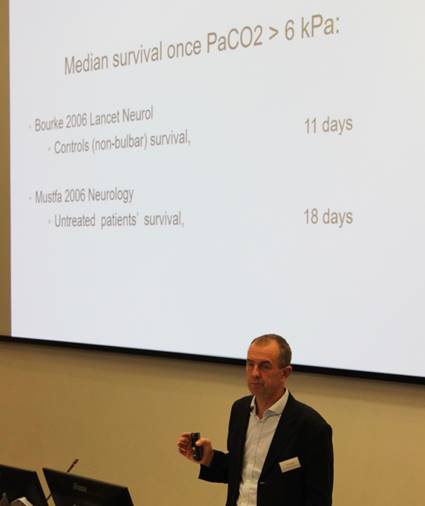 |
Dr Ian Smith presented VoteCoals, piloting Tidal C02 monitoring in patients. This has the potential to spot respiratory failure in MND patients and improve survival rates. Fascinating results! |
|
Julian Carter provided the background to the development of a device for measuring CO2 tidal breathing |
|
|
|
Prof. Nick Morrell talked about the long history of Royal Papworth treating patients with pulmonary hypertension |
|
Dr Robert Rintoul explained that 5 year survival rate after lung cancer is only 14%. He discussed how early detection could be improved.
|
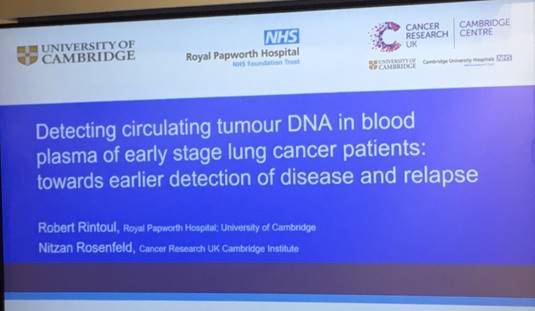 |
Poignant talk from our Patient Research Ambassador David about why we do research from a patient viewpoint. “We are all born curious and wanting to learn, research helps survival.”
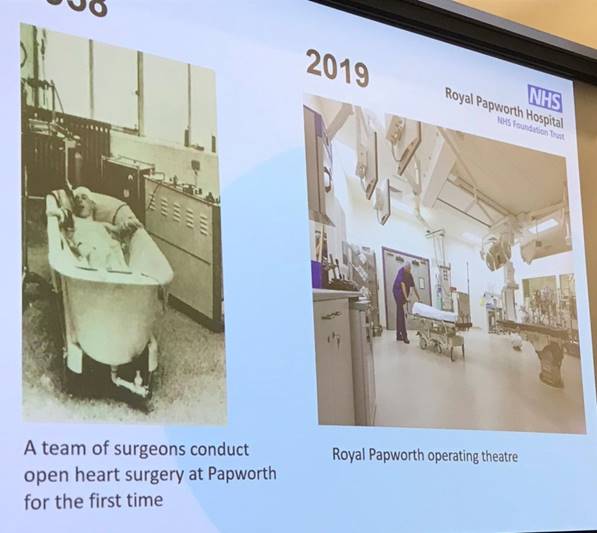 |
|

